Change your stored postcode to update prices for your location.
Electrical and Electronic Equipment (WEEE) should be disposed of correctly to ensure treatment, recycling and recovery of the elements that make up the equipment. We offer a collection service that will ensure your WEEE waste goes to the correct place in order for this to happen.
All electrical waste contains chemicals that are harmful to the environment. When WEEE is dumped in landfills, it decays over time and leaks toxins into the earth and our waste systems. Also, with TV screens and computer screens, there are metal parts inside that if not handled properly, can be dangerous.
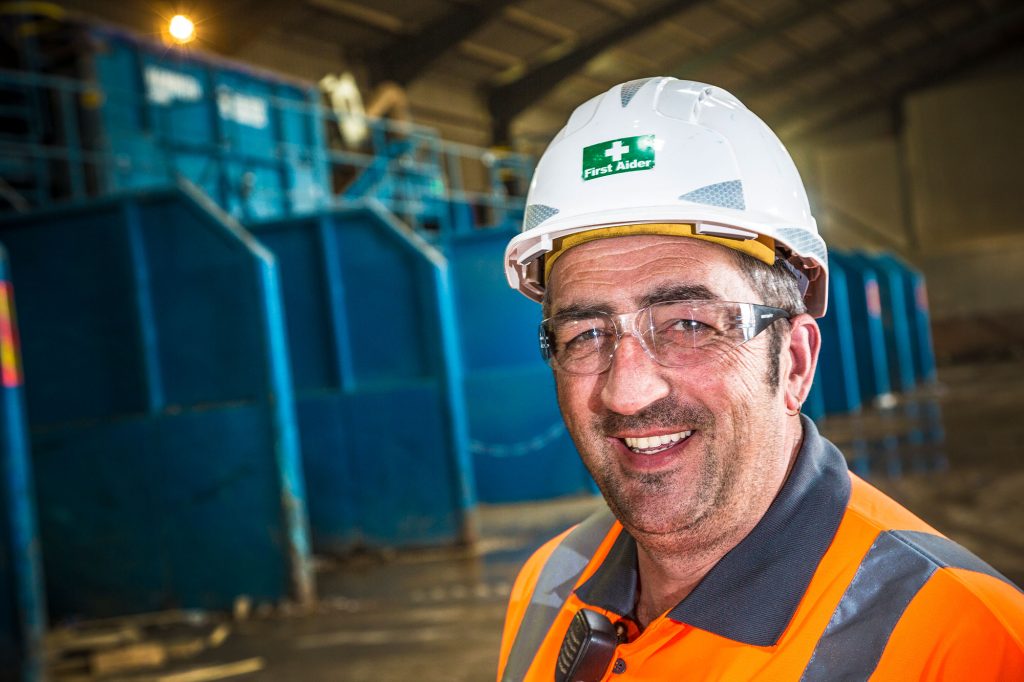
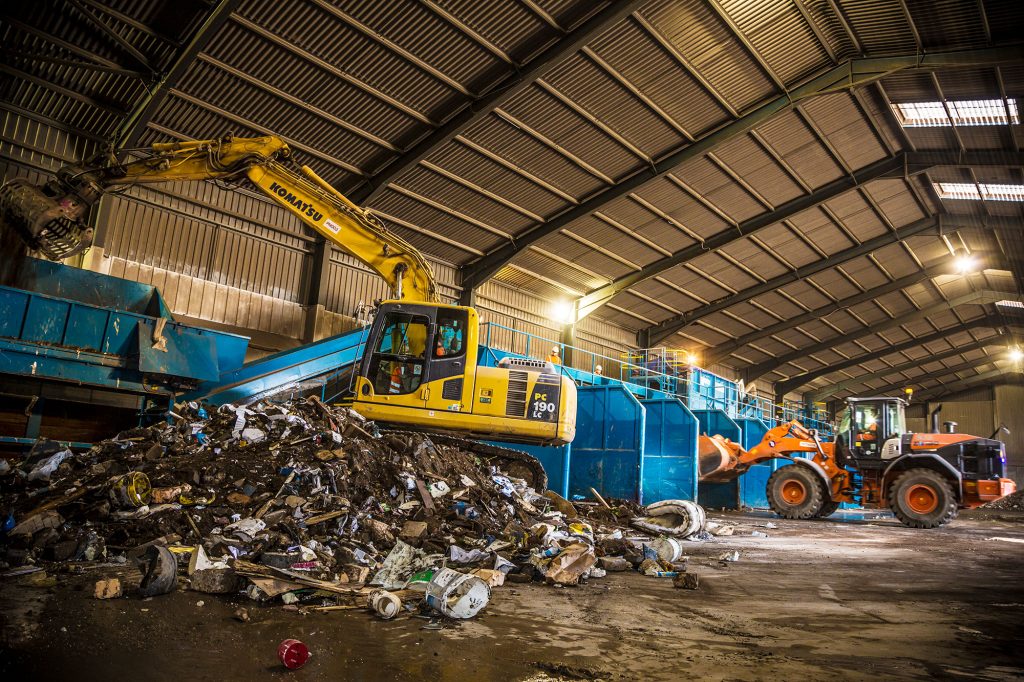
Exposure to asbestos is highly toxic and dangerous and can cause an aggressive cancer called mesothelioma, as well as other serious health conditions, so the handling of asbestos waste should only be undertaken by qualified companies who hold the correct permits and equipment to do so safely.
Although asbestos is now banned in more than 55 countries around the world including the UK, Japan, Australia and all the countries in the European Union, it was used in all types of construction extensively from the 1950s through to the mid-1980s and can also be found in buildings built before the year 2000.
When undertaking construction refurbishment or demolition of premises built between 1950 and 1999, always remember to check for asbestos before commencing any work. If it is present, you’ll have to ensure that its removal is done in the correct way to preserve your health and that of those in the vicinity.
If you’re working on a project where asbestos is present, think ahead to how you’ll dispose of it. Commercial construction businesses must have a licensed asbestos removalist within the team to safely remove the materials containing asbestos to avoid contamination.
TJ is licensed to carry hazardous materials including asbestos; we can provide secure skips and eurobins to your site for you to deposit asbestos into (we cannot directly remove or handle asbestos).
We will then arrange to collect the full skip or bin from your site and transport it to a third party’s premises, where it will be safely disposed of and any parts that can be recycled will be.
Contaminated soil, whether hazardous or non-hazardous, needs to be correctly treated before onward disposal can take place. We work in partnership with specialist companies to provide an all-round service to our customers who have large volumes of contaminated soil.
We liaise with our clients to discover the type of soil that needs to be disposed of, then, utilising our fleet of modern tipper lorries, we transport it to the appropriate treatment facility for processing, and once complete, we move it on for final disposal. Our clients come from a range of industries including groundworks and engineering, landscaping, utilities, construction and house building.
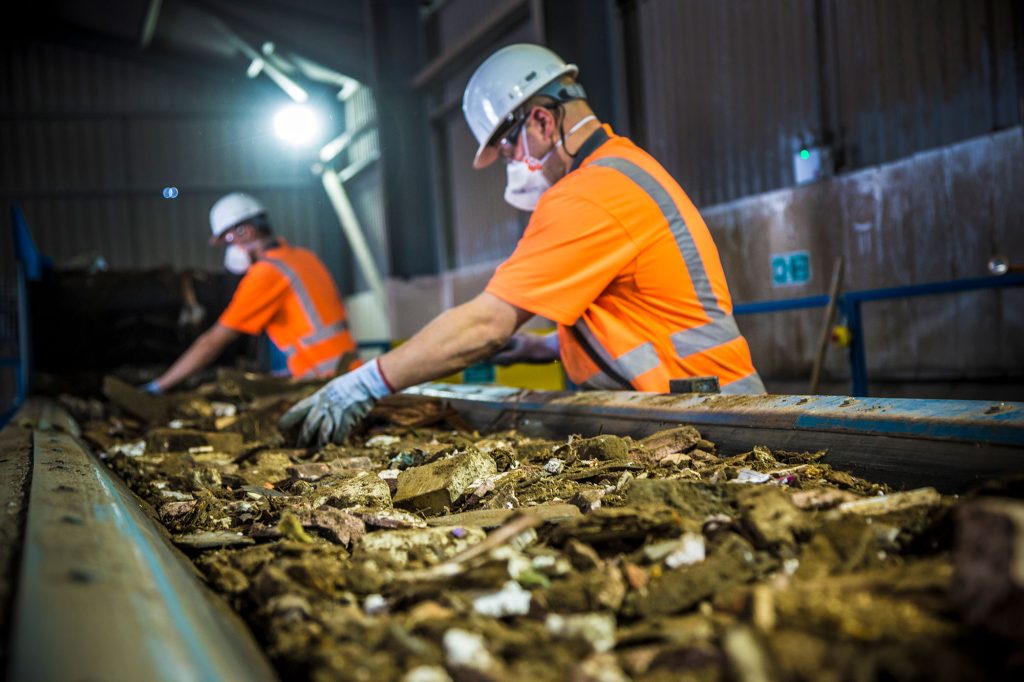
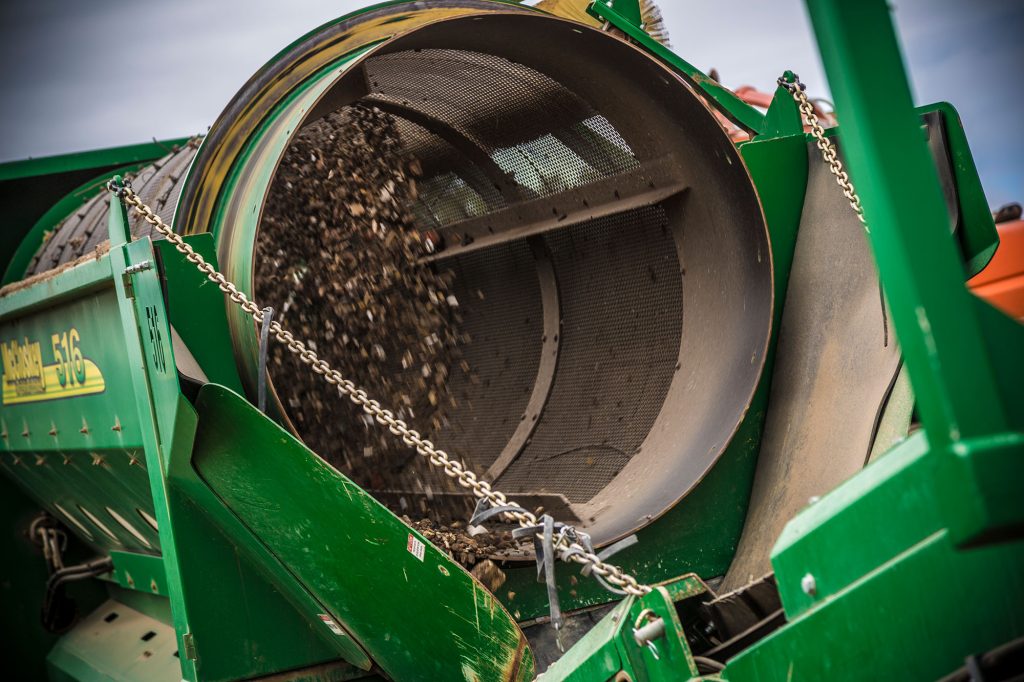
Offensive waste, such as nappies, covid waste and other medical items must be handled sensitively to ensure no cross-contamination takes place. We facilitate safe collection of these items using the appropriate equipment and full PPE, with this type of waste being directed down the most appropriate and suitable route for its type.
Our comprehensive service ensures that there is no chance of this waste ending up in landfill where it could potentially cause harm. As a responsible waste carrier, we always provide all clients disposing of offensive waste with a Waste Transfer Note to confirm end destinations and provide a guarantee for peace of mind.
Liquids such as paint, oil and chemicals must be disposed of correctly; they cannot go in your household bin or into a skip as they have to be treated and processed correctly for safety reasons.
We can manage the collection of your hazardous liquid waste; we work with a partner organisation to dispose of these responsibly.
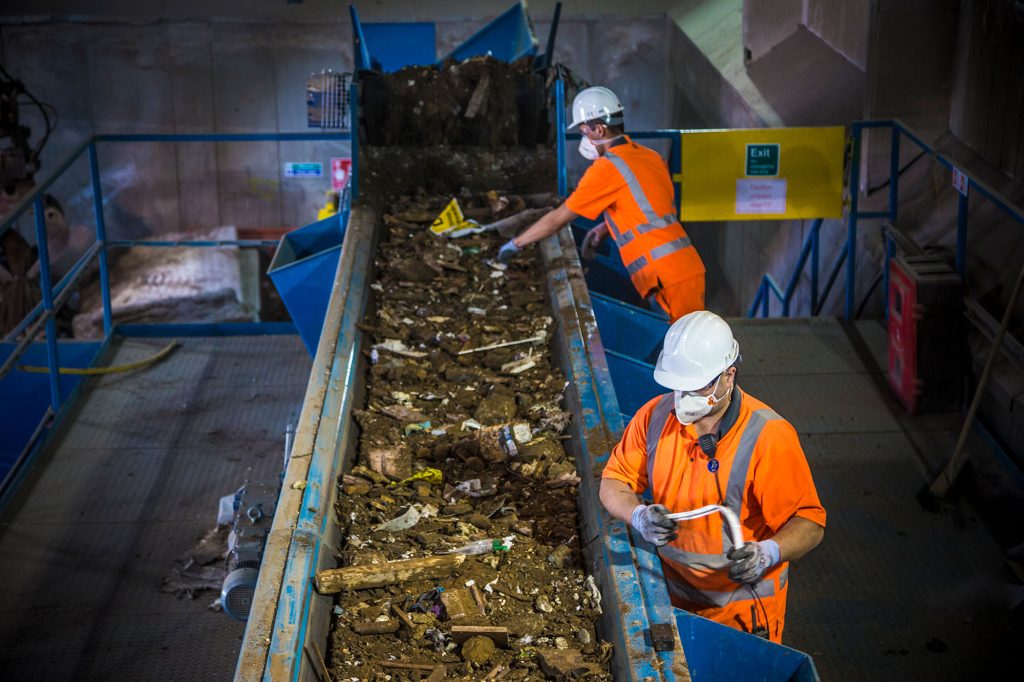
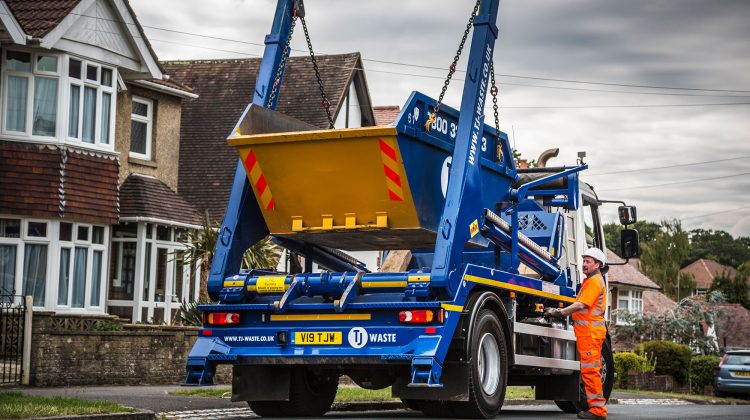
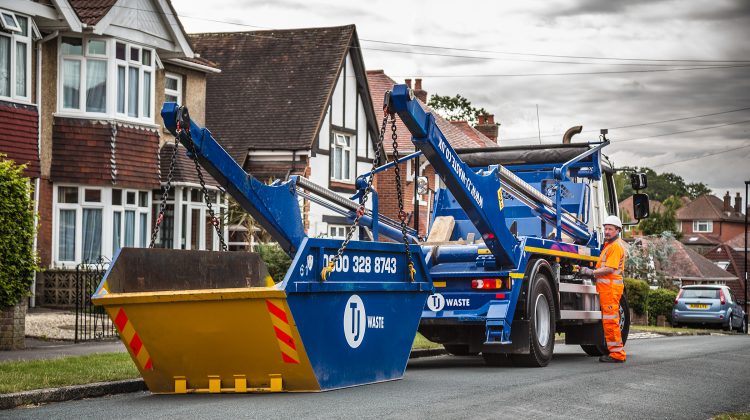
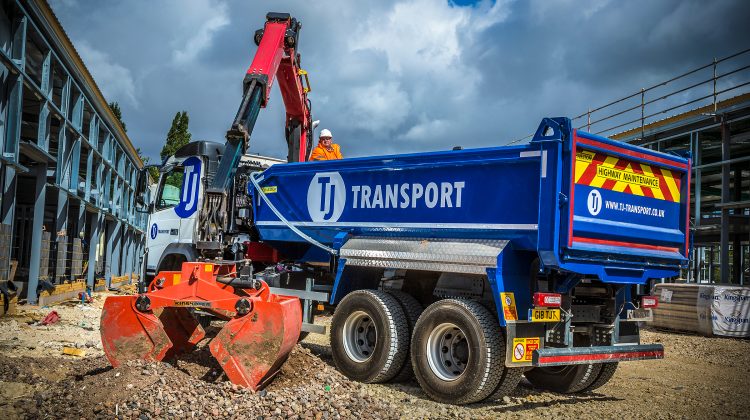
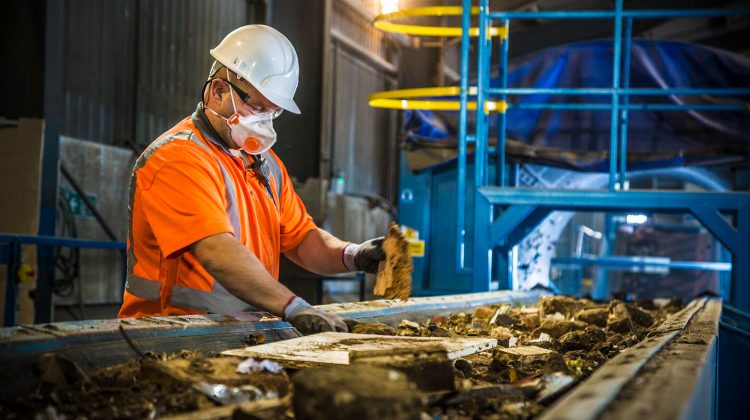
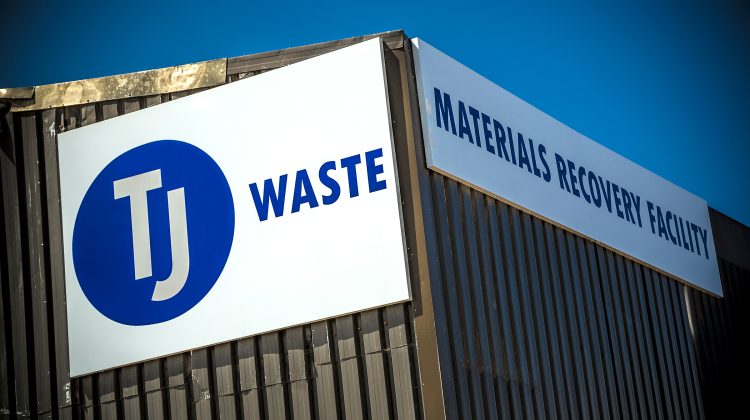
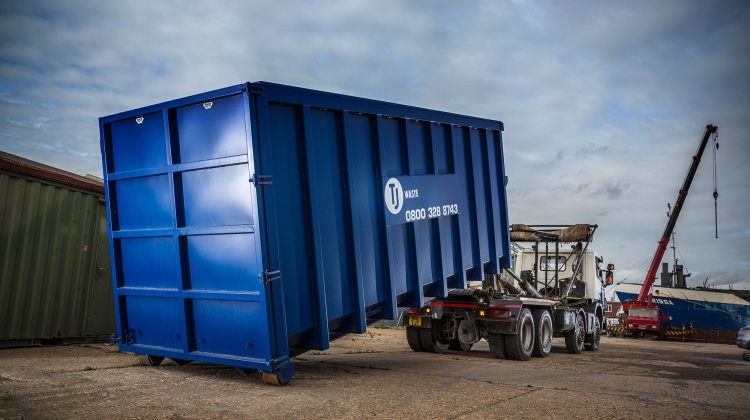
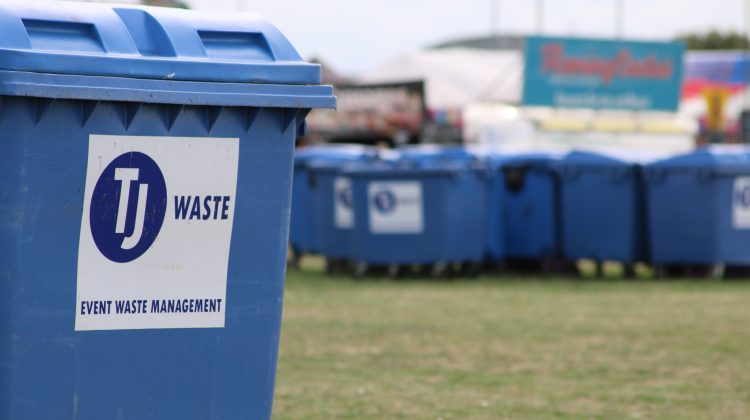
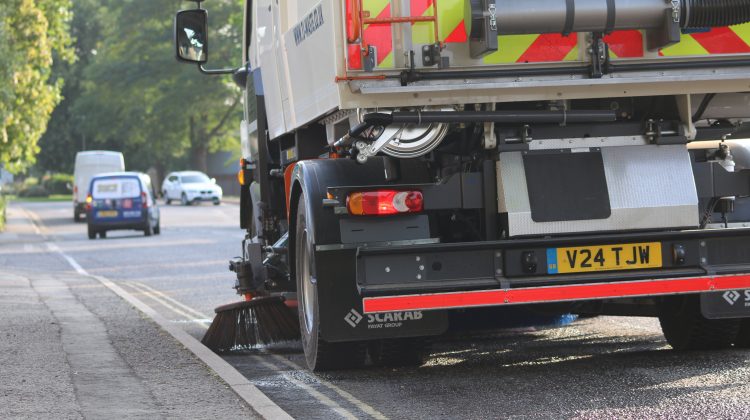
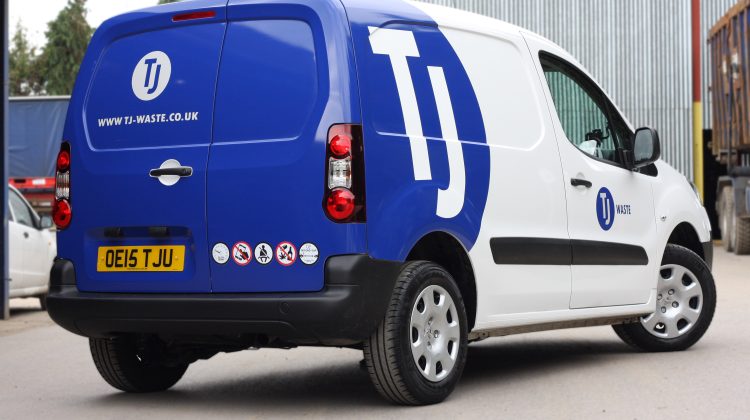
Change your stored postcode to update prices for your location.
Notifications